On the Web, webpages are blocks of buildings. However, as specific as there are differences for a trip into outer space, so too numerous reasons can be advanced for why one would create a website. In a blog by Web Solve Tech, the digital marketing company that offers website design and development in conjunction with mobile app design expertise, each particular soil type is home to a different flower.
Why are there different types of websites?
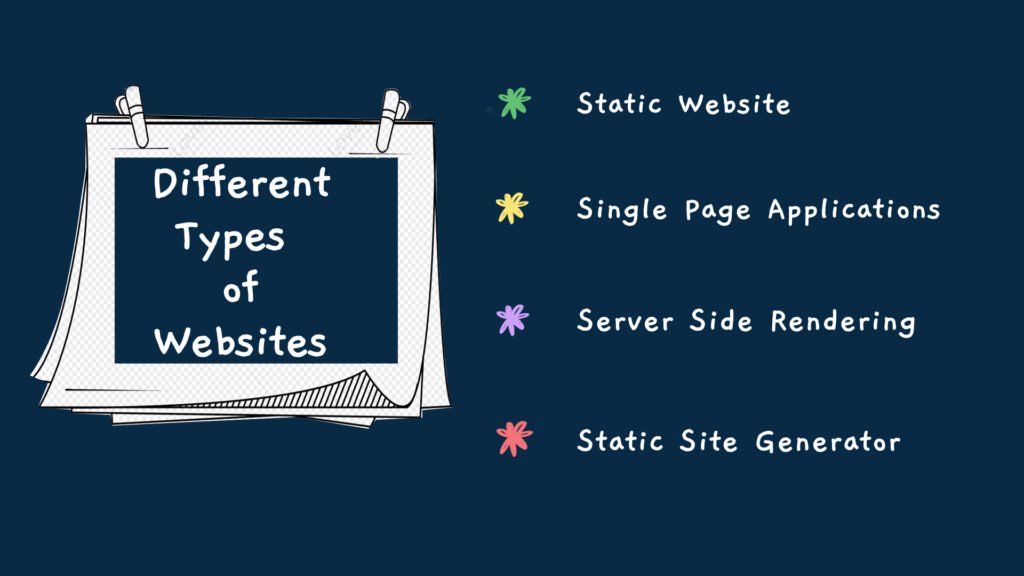
Sensitize your creativity as a way to envision a world without uniformity. Confusing, right? Websites function similarly. Every type has its sole goal in all other systems, namely it lets you reach definite results. Regardless of whether you want to purchase a new T-shirt, learn about astrophysics, or use social media, surely, there exists a website tailored for each and every one of these circumstances.
Let’s dive into some of the most common website types:
1. Business Websites:
A business site works as a company’s online storefront. Much like physical stores have front doors to attract people inside, digital ones leverage the power of the internet; it is a digital hub for potential customers. Normally, it entails explanations about the company’s products and services, contact details, and a tale about the brand. Here, imagine it as a sales person that’s ever at hand, available at any moment and making your business phone system more feasible.
Example: A bakery might showcase its delectable pastries and cakes, along with online ordering options.
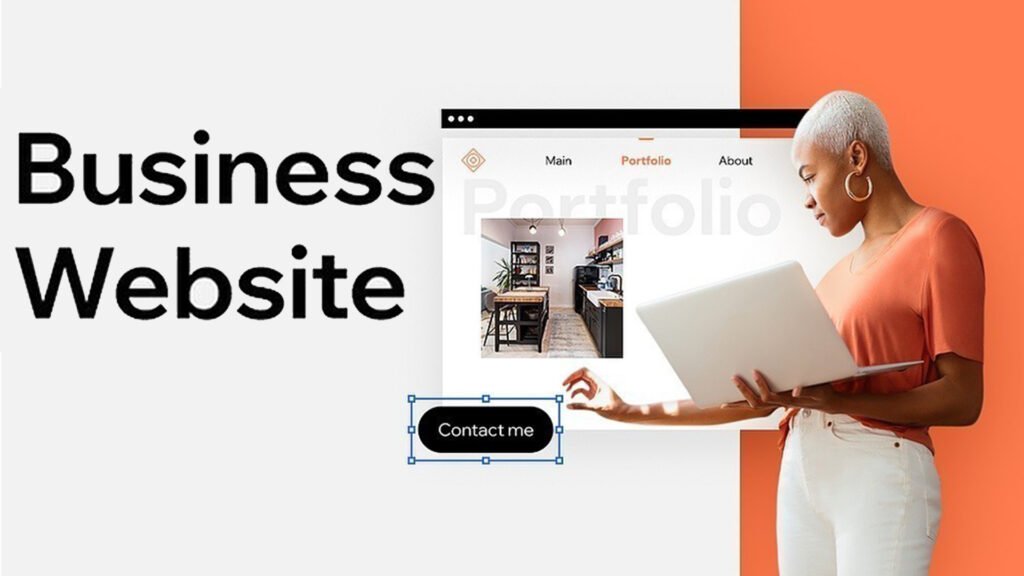
2. E-commerce Websites:
An online platform that has redefined the way we shop, e-commerce sites enable users to browse, select, and buy products from the website and pay. Of course, they usually have this secured payment gateway as well as a fast and easy checkout procedure which will simplify the online shopping process.
Example: A prime example, offering a vast selection of products across various categories.
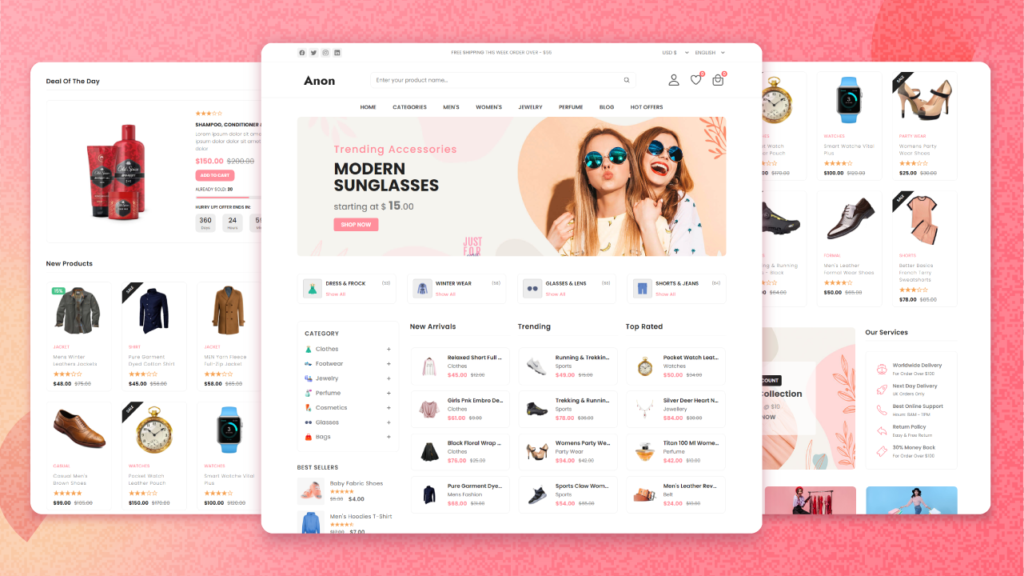
3. Blog Websites:
Consider your blog website as a journal or a magazine that you find online. It is a space where individuals or organisations can discuss and exchange knowledge related to a given field. Blogs are a wonderful tool for establishing people as experts and growing communities.
Example: Web Solve Tech maintains a blog to share digital marketing tips and industry insights, like this very article you’re reading!
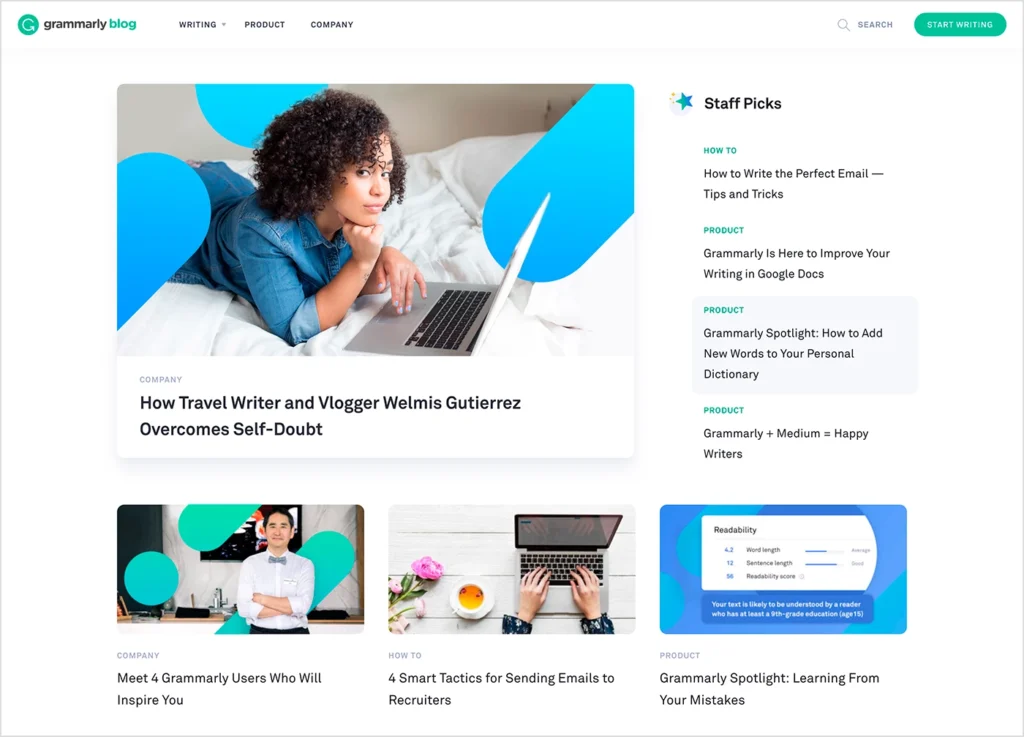
4. Portfolio Websites:
For creative professionals like photographers, designers or artists, a portfolio website is the equivalent of their digital curriculum vitae. It is an open stage for them to display their skills and experience using visual means such as photos or videos.
Example: A freelance graphic designer might use a portfolio website to exhibit their design portfolio and attract potential clients.

5. Informational Websites:
These websites are created to help visitors get familiar with all the details about a particular topic through comprehensive information. Imagine them as digital encyclopaedias winging information, including educational content, news or research papers.
Example: Wikipedia is a free, online encyclopaedia that functions as a vast repository of information.
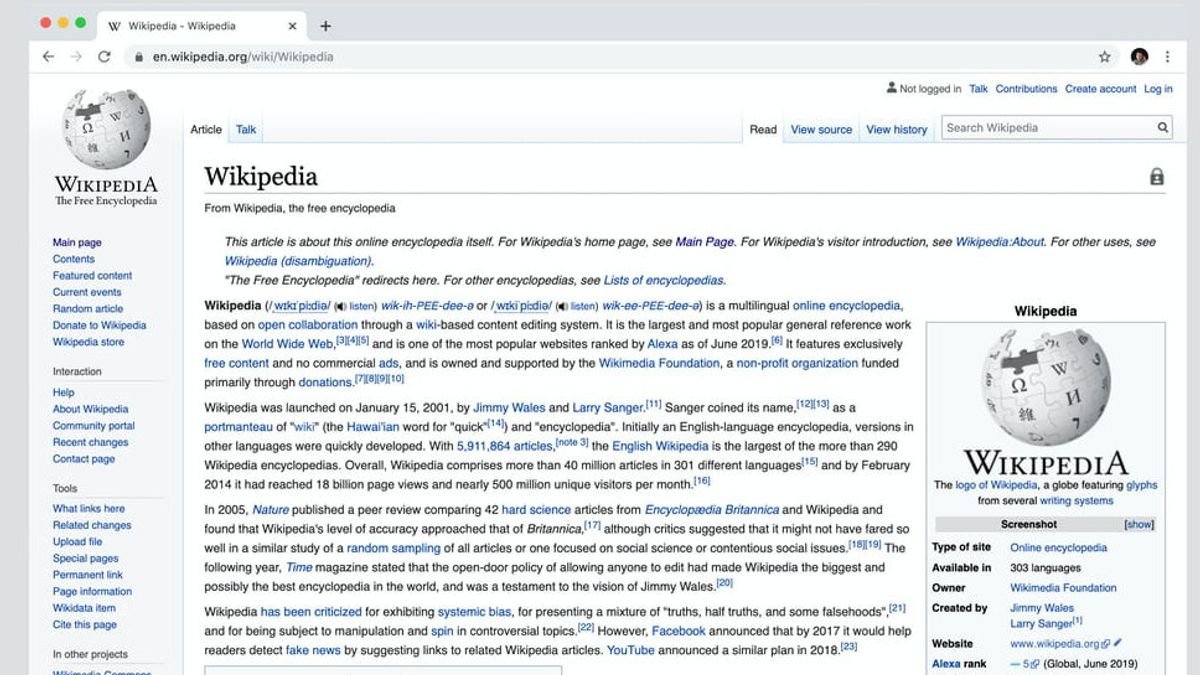
6. Non-Profit Websites:
Non-profit organisations employ websites in order to increase the public’s knowledge of their issues, provide information about their purpose and appeal to the general public for donations. Frequently these campaigns will share testimonies of the influence their organisation has had and garner community support.
Example: The Red Cross website educates the public about their humanitarian efforts and provides avenues for donations.
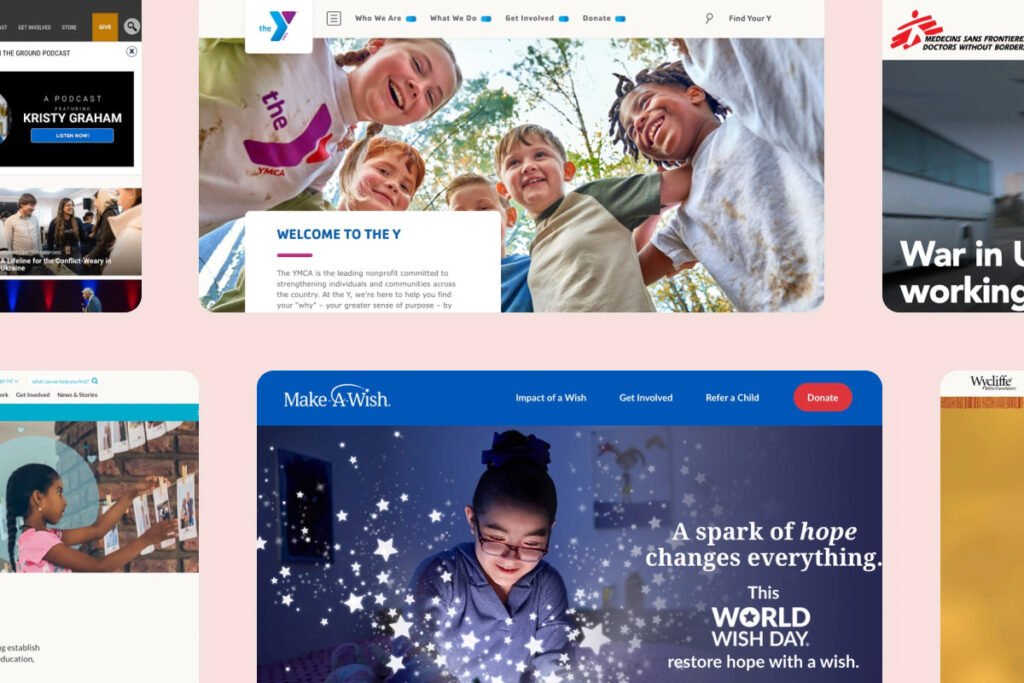
7. Educational Websites:
These sites give a chance to know things and to obtain information. They can be adopted by schools, colleges, or independent organisations for the purpose of running online courses, building interactive modules for learning or for games.
Example: A non-profit educational platform offering free online courses on various subjects.
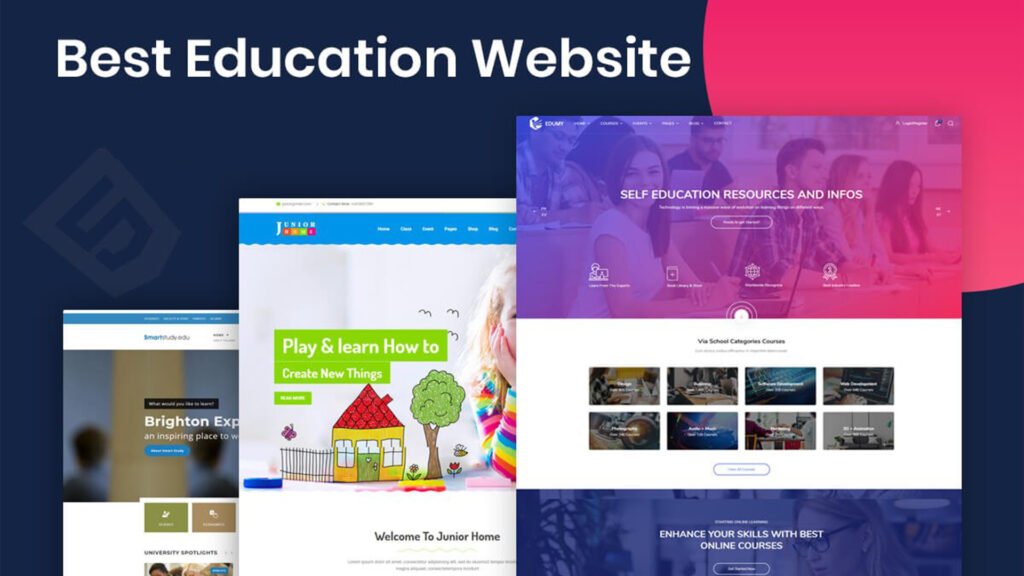
8. Social Media Websites:
These sites are fostering online communities as they allow users to share and like the content, as well as interact with each other. Social media sites, such as Facebook, Twitter, and Instagram, have altered the Internet communication and relationships’ building mechanism.
Example: Facebook allows users to connect with friends and family, share updates, and join groups with similar interests.
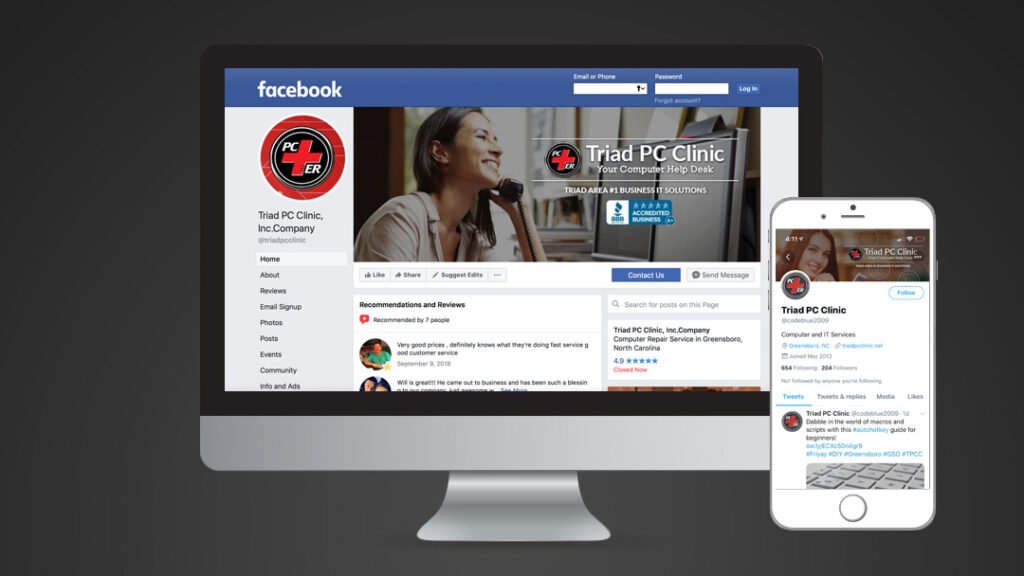
9. Forum Websites:
Forums in an online discussion area where users exchange ideas, question one another and provide answers on determined topics. They serve as an excellent platform for networking with people of the same mind-set, learning from professionals and participation in virtual discussions. undefined
Examples of Popular Forums:
Stack Overflow: A forum for programmers and developers to ask and answer questions related to coding and software development.
Reddit: A massive online community with forums (called “subreddits”) dedicated to a vast array of topics.
Quora: A question-and-answer forum where users can ask questions and receive answers from experts and other users.
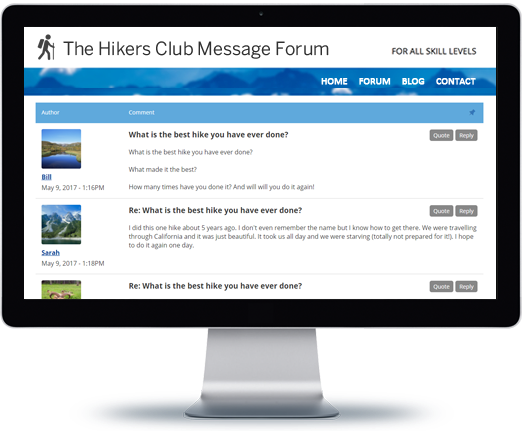
10. Community Websites:
These websites create a sense of belonging by cultivating a niche community that has common interest or demographic. Community websites can be based on shared interests in hobbies and associated subjects and objects or on neighbourhood and common surroundings.
Example: A website dedicated to dog lovers might offer a forum for pet owners to share training tips, funny stories, and adorable pet pictures.

11. Membership Websites:
These are websites whose services or content is made available to paying members only. This could be anything from premium articles to online courses or downloadable resources.
Example: Many news websites offer premium memberships with in-depth reporting, ad-free experiences, or exclusive interviews.
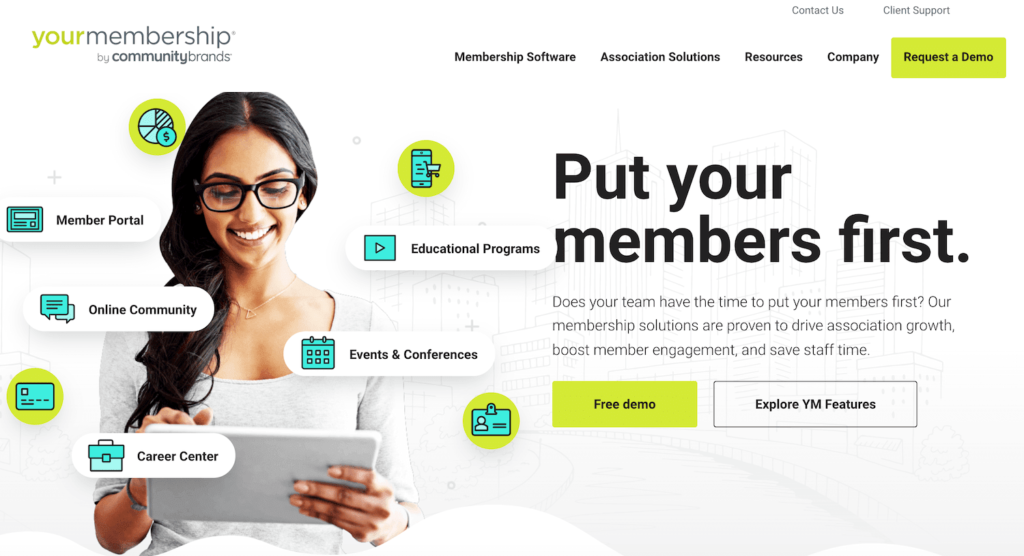
12. Government Websites:
Such websites offer information and services from official government agencies. They enable citizens to view public records, discover government programs, and even make tax payments online.
Example: The website of the United States government (https://www. usa. The official government website (gov) is ideal for finding information on federal agencies, laws, and public services.
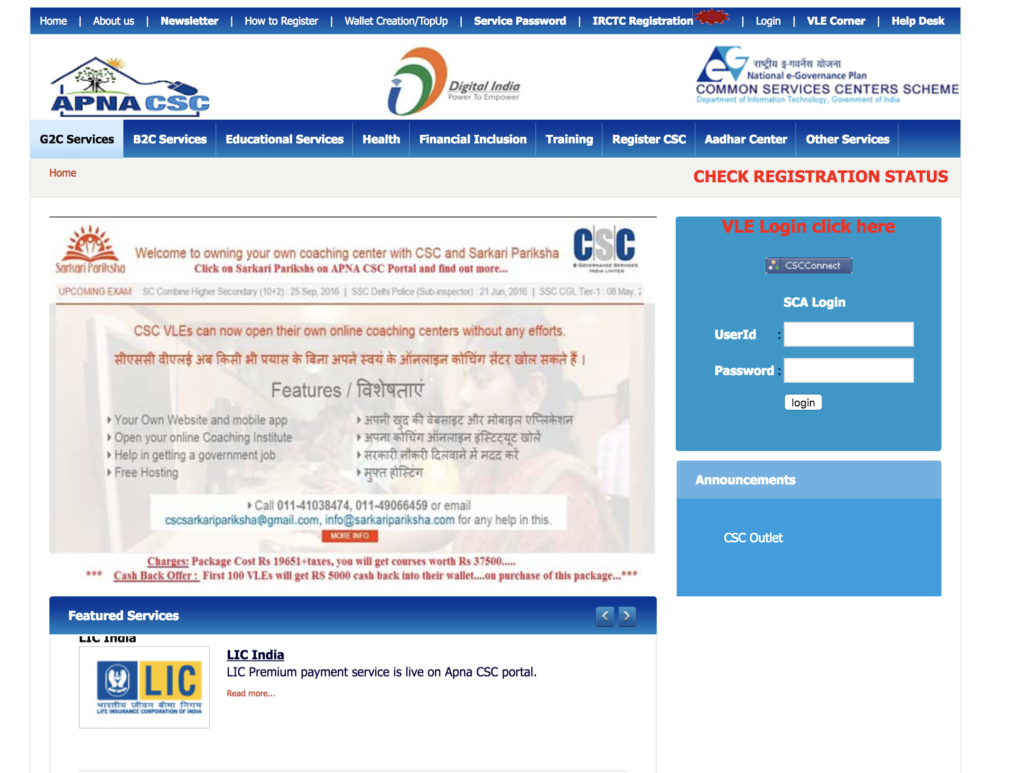
13. Personal Websites:
These websites are places where the individuals can share information about themselves or share their interests. It may be a good option for finding friends with common interests.
Example: A travel blogger might use a personal website to document their adventures, share travel tips, and connect with other travel enthusiasts.
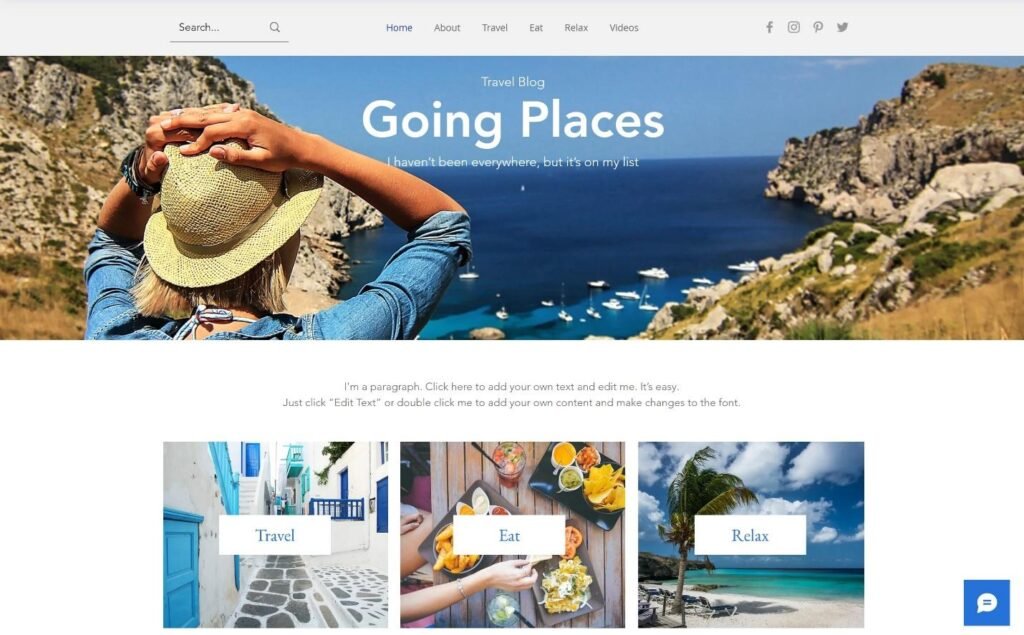
Web Solve Tech: Your Partner in the Digital World
Web Solve Tech can help any company, blogger or organisation that is interested in getting into the online market because of a variety of reasons. We offer professional website development services for the creation and promotion of every site.
Contact us today to discuss your website needs and explore how we can help you navigate the exciting world of the web.

